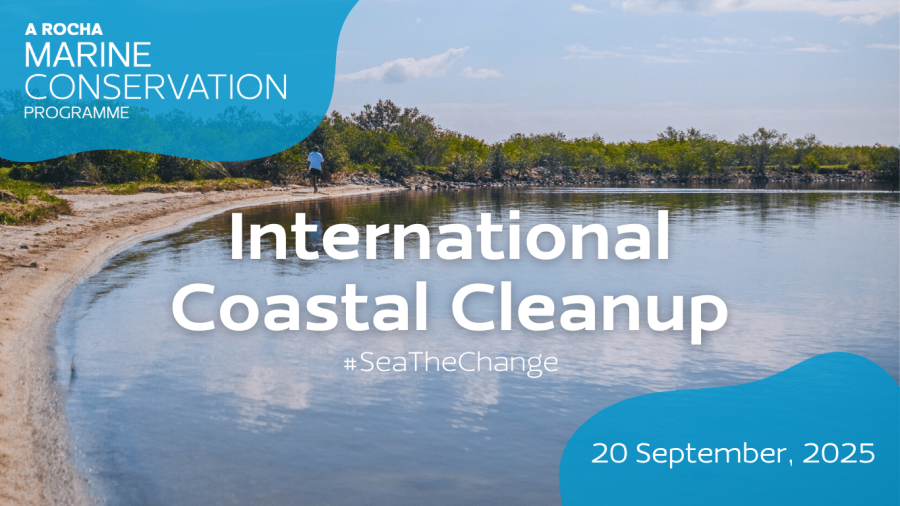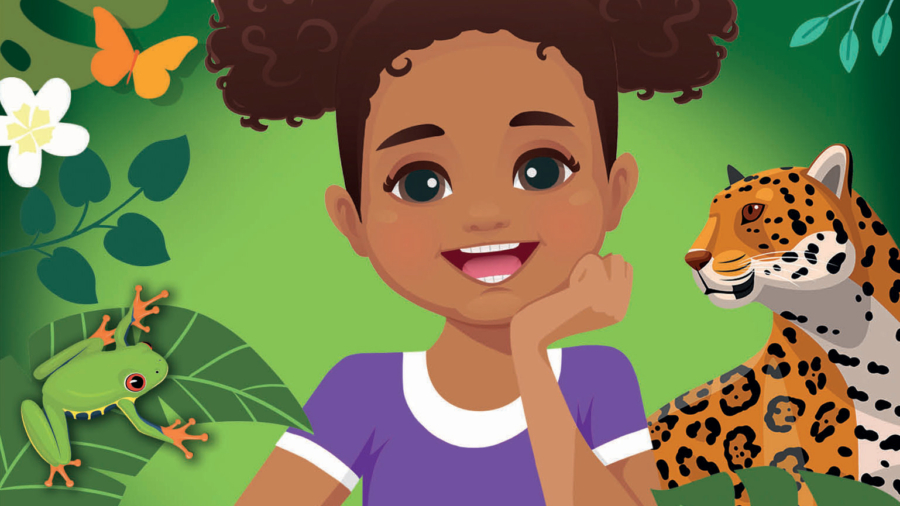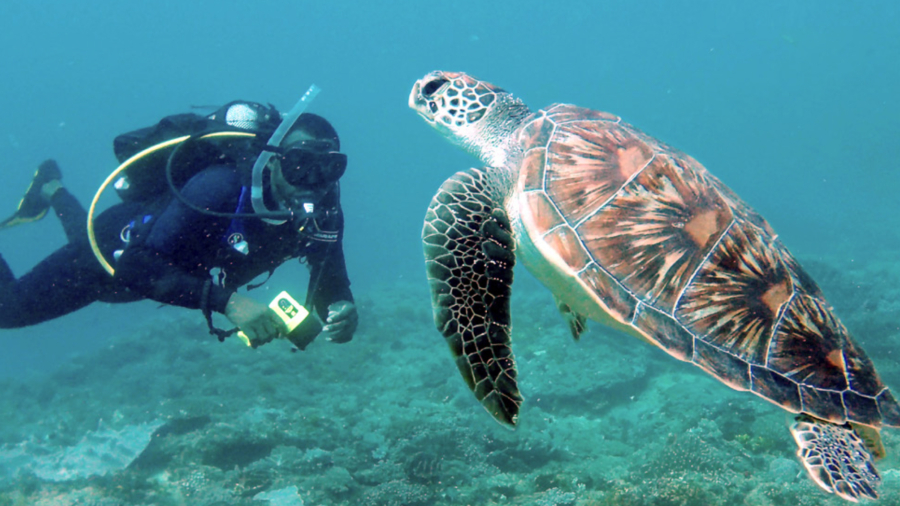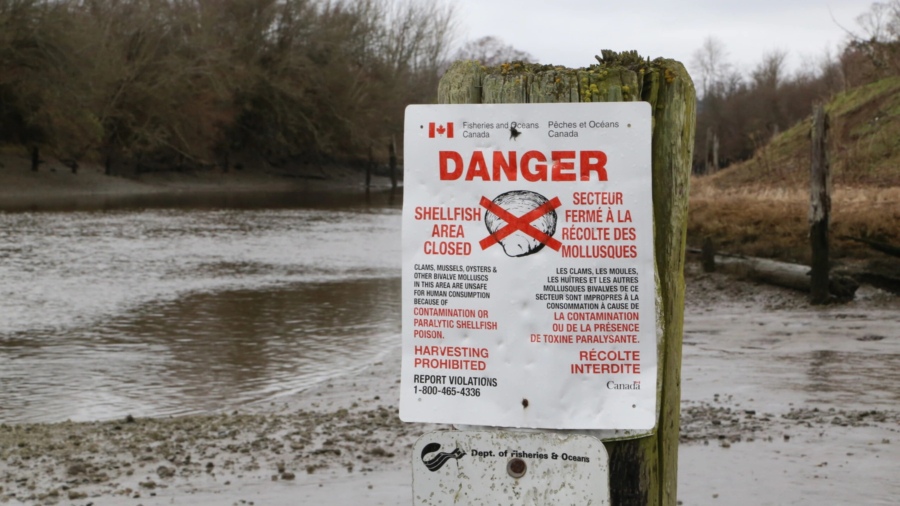Plastic pollution is one of the greatest threats to our marine ecosystems. Over 8 million tonnes ends up in the ocean and in our rivers and lakes every year.
That’s why addressing the problem of marine plastics is such an important part of A Rocha’s conservation work. It’s a challenging task! But it is also an opportunity for hope and restoration.
Are you interested in understanding this global problem and partnering with others to care for our oceans?
Join A Rocha for the Ocean Conservancy’s annual International Coastal Cleanup Day on 20 September to help reduce plastic pollution and create waters of hope. Here are three ways you can take part:
- Join a local cleanup on 20 September and record the litter you collect using the Clean Swell app.
- If there isn’t one near you, organize your own cleanup on 20 September using our litter cleanup guide and record your collection in the the Clean Swell app, listing A Rocha as your group.
- If you can’t get to a cleanup on 20 September, take any day this month and clean up a beach or waterway near you.



